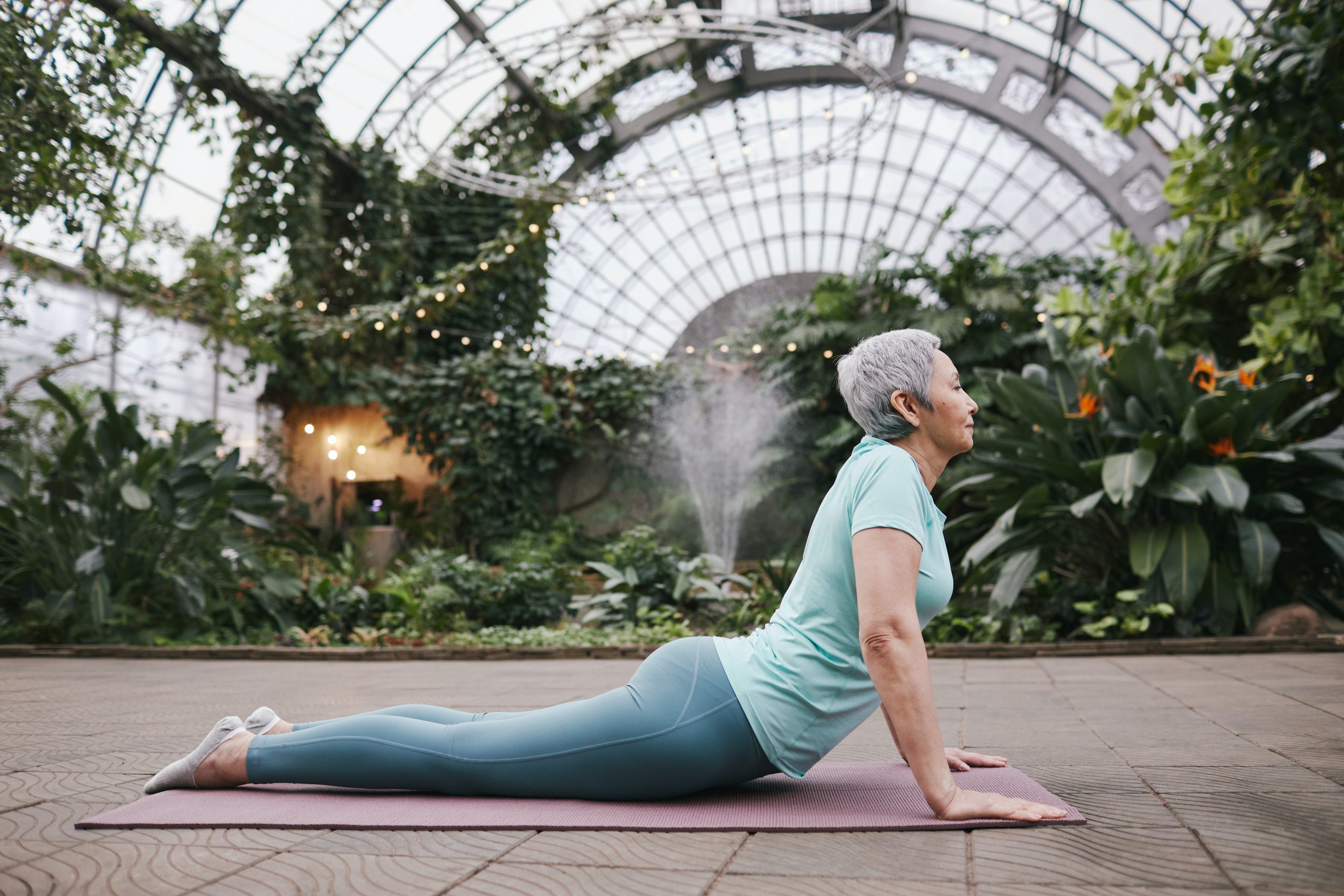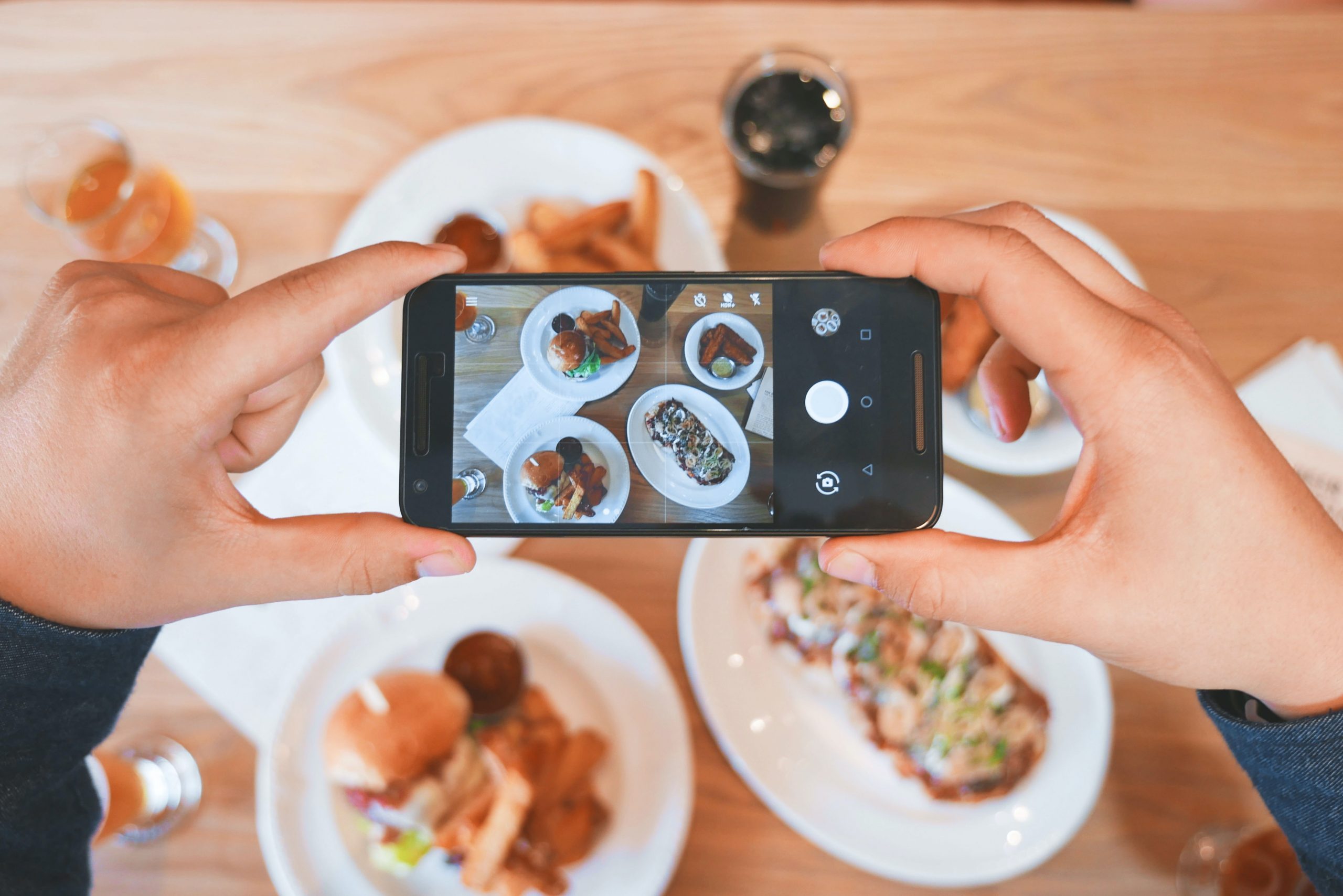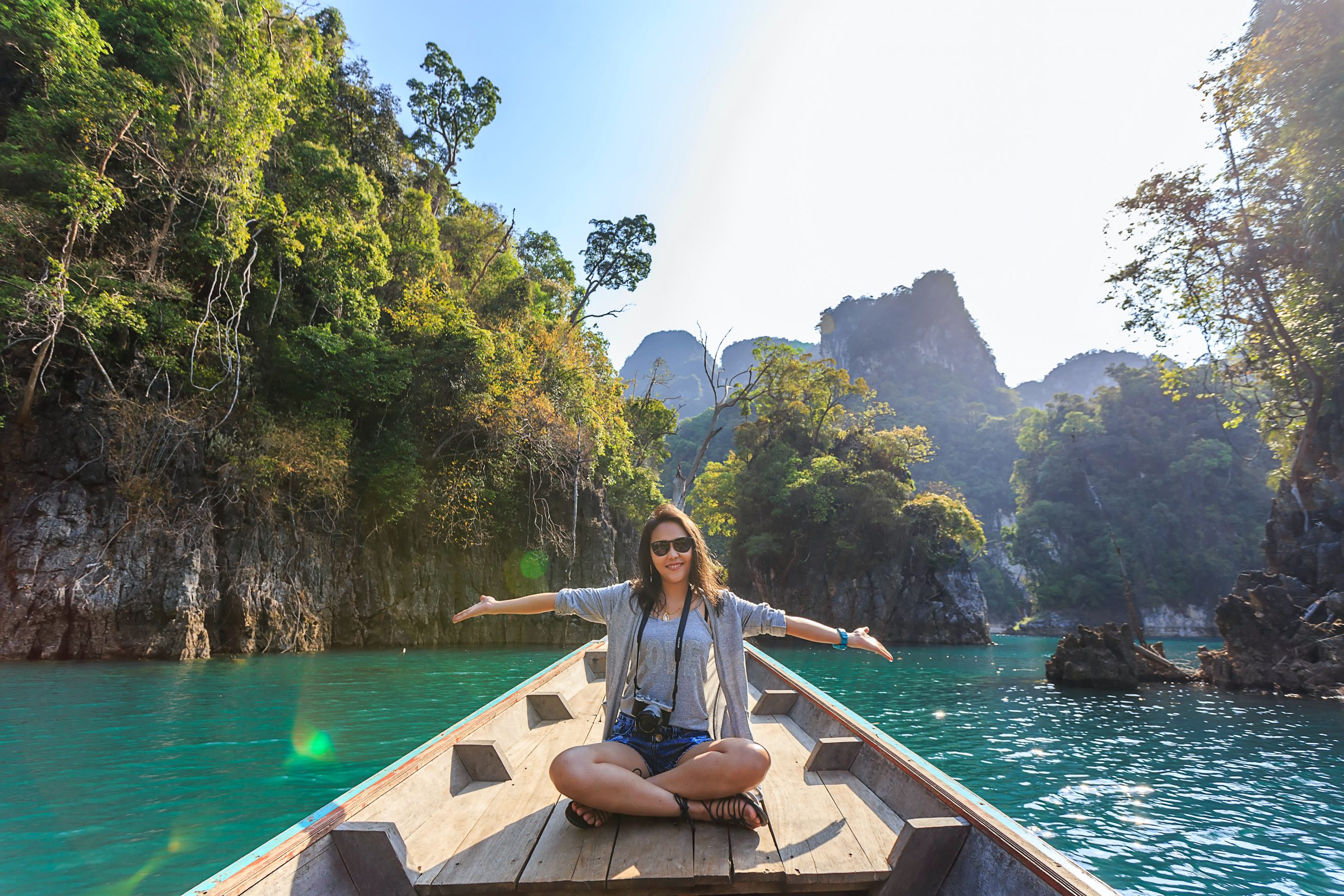Wellness is the new luxury in hotels
We live in an era where the awareness of well-being and health has become a guiding light in our daily decisions, and the COVID-19 pandemic, with its undeniable influence, has acted as a catalyst in how we perceive and value these aspects in our everyday lives, even influencing our choices when planning trips or vacations. According to a report by Grand View Research, the global wellness tourism market reached a value of $814.6 billion in 2022, with a projected steady annual growth of 12.42% from 2023 to 2030. Furthermore, the Wellness Tourism Market Outlook from Fact MR predicts this market to reach $2.3 trillion by the end of 2033, starting from $880 billion in 2023. Beyond the COVID-19 pandemic, social media plays a pivotal role in the evolution of this ongoing trend towards well-being. Influencers, well-known figures, and enthusiasts worldwide share their experiences in yoga, meditation, healthy eating, and self-care during their vacations, directly influencing travelers' expectations and reshaping not only what we expect from the destinations we visit but also what we demand from hotels. Just over a fifth (21%) of global travelers are currently traveling for health and wellness reasons, according to a 2022 Travel Trends study conducted by the luxury
How are TikTok Trends Affecting the Eating Habits of the New Generation?
We live in a constantly evolving digital era where social media has transformed the way we communicate, consume content, and yes, even how we eat. Among these platforms, TikTok has stood out as a cultural phenomenon, especially among the younger generation. It's no surprise to announce that TikTok has become one of the most influential social networks. In just two years, it has become one of the social networks with the most active users and recorded a revenue of over $9 billion in 2022 alone. But beyond dance and entertainment videos, TikTok has proven to be fertile ground for exploring the world of food and beverages. According to data from News Room TikTok, 68% of TikTok users have discovered a food or beverage brand by seeing it on the platform, and 46% have purchased a food or beverage product after seeing it on TikTok. Furthermore, 72% of these purchases were unplanned. One of the most notable ways TikTok is affecting eating habits is through viral food trends. Videos featuring clever and delicious recipes can go viral in a matter of hours. The result? Users, mostly young people, feel the need to try these culinary creations for themselves. For example, the "TikTok bread" recipe,
The influence of social media on the choice of tourist destinations
Recognizing the undeniable role of social media in shaping our travel plans is as evident as acknowledging that the sun is always shining. In the interconnected world we live in, it has become natural to turn to these digital platforms in search of inspiration, recommendations, and a glimpse into the experiences of other travelers. However, the real extent of social media's impact on our travel decisions remains a fascinating and enigmatic topic. While it's no secret that social media plays a significant role in vacation itinerary planning, the true magnitude of its influence remains a captivating mystery waiting to be unraveled. According to a Morning Consult report, 92% of Generation Z users in the United States use social media, with 54% of them spending at least four hours a day on these platforms. Furthermore, Gen Zers stated that they spend more time interacting with their peers per week, on average, through video games (65%) than in school (64%) or at work (51%). These numbers highlight the omnipresence of social media in the daily lives of young people, and this reality directly impacts their travel decisions. A fascinating example of social media's influence on the choice of tourist destinations can be observed in the



